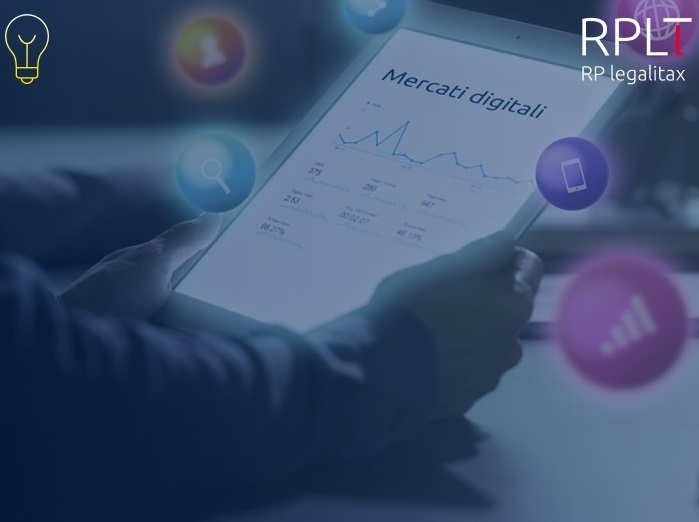Digital Platforms and Markets Updates: the latest news from the European Commission | #7

Digital Platforms and Markets: a review of the latest updates from the European Commission.
Digital Services Act: the European Commission sends preliminary findings to X (Twitter) on potential breaches of the Regulation (12 July 2024)
The Commission has informed X of its preliminary opinion on the ongoing investigation, from which it emerges that the company would have violated the DSA in areas related to user interfaces, transparency in the use and dissemination of online advertising, and access to data that must be guaranteed to researchers.
Specifically, the Commission believes that the “blue check” is being used in ways that do not conform to market practices and could mislead users, considering that anyone can obtain “verified user” status. Additionally, X has not provided a reliable and accessible archive of advertisements. Finally, X would prohibit researchers from independently accessing public platform data, through scraping methods.
If the preliminary findings are confirmed, the Commission could adopt a non-compliance decision and impose fines of up to 6% of X’s annual worldwide turnover.
Digital Services Act: the European Commission designates XNXX as a very large online platform (VLOP) (10 July 2024)
XNXX joins the various adult content platforms already designated as “very large online platforms” under the DSA, after informing the Commission that it has an average of over 45 million monthly active users.
As a result of this designation, by mid-November 2024, XNXX will have to comply with the entire regulatory framework that the DSA imposes on very large platforms, which, especially with regard to the content made available on this platform, relate to user security, the adoption of measures to prevent access to minors and to increase transparency on data and advertising.
Digital Services Act: second roundtable with Civil Society Organisations to implement the DSA (8 July 2024)
During the meeting held on July 8, DG CONNECT provided an update on the activities related to the DSA’s implementation carried out by the Commission, and the CSOs provided updates on the activities undertaken and planned for the near future.
The roundtable discussion covered a range of topics, including the fight against online hate and disinformation and crisis response mechanisms in the context of the DSA, as well as the suggested scope and approach in view of the adoption of the forthcoming Commission guidelines on the safety measures to be taken by platforms to protect minors online
Press releases from the European Commission and related official documents can be consulted at this address.





